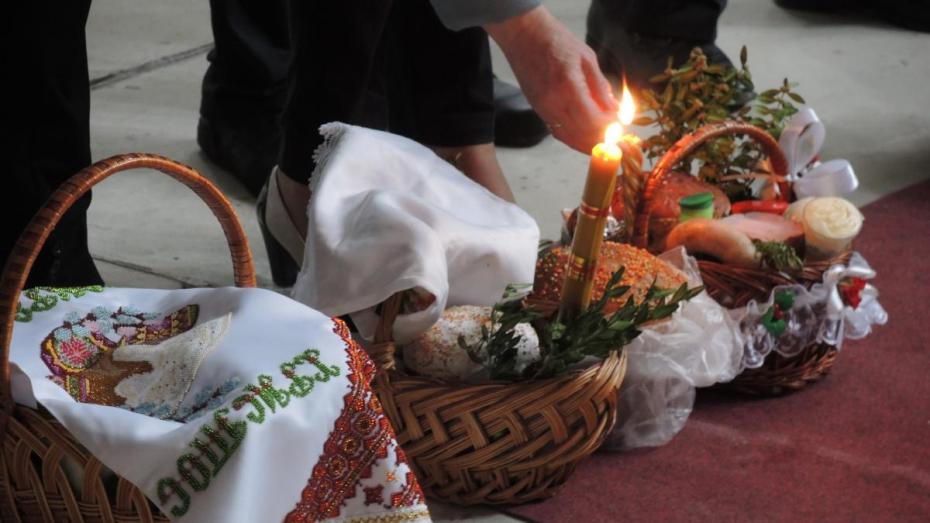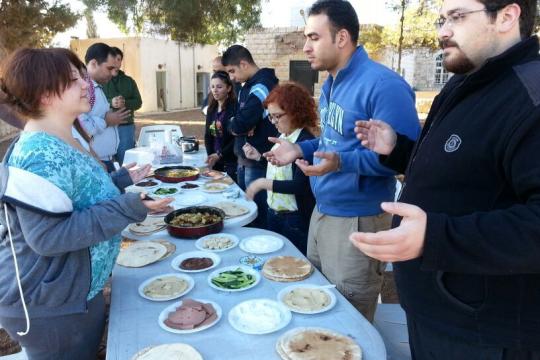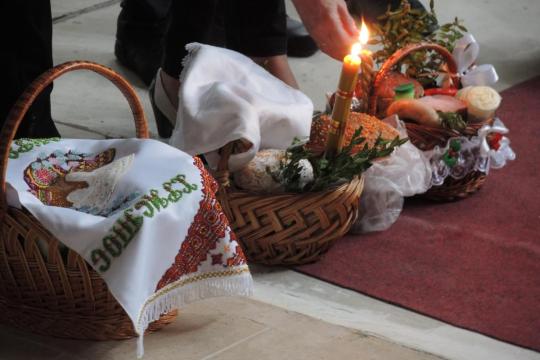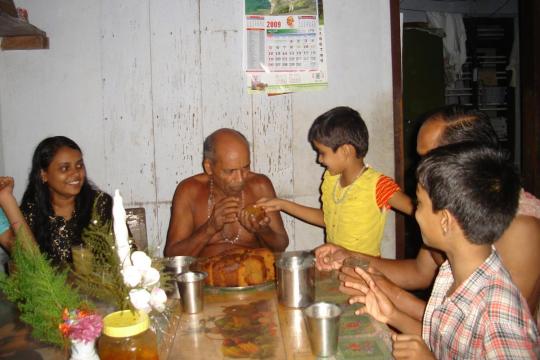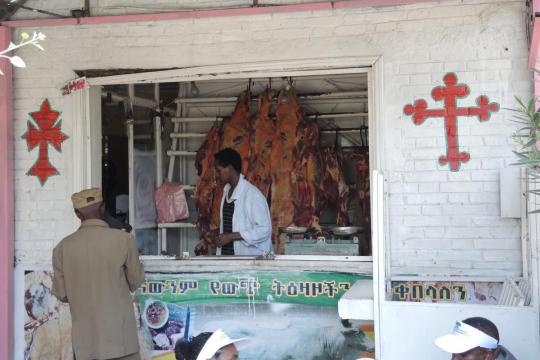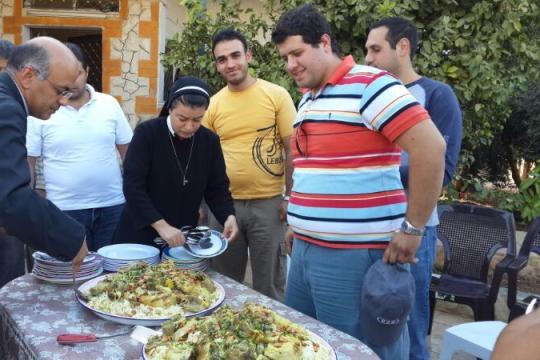Food plays a central role in many religions. Food historian Stephen Kaplan even claims, "I have not found any society where food in some form or other is not a mediating agency between the sacred and the profane." 1 Jewish practice and identity are built to a significant degree around Passover and Shabbat meals and the requirement that food be kosher. Islam obliges that food be halal and that believers abstain from eating during the day during the month of Ramadan. Buddhism and Hinduism have important food taboos. Given that emphasis in other religions, even the absence of food and fasting rules in Catholic life would merit some discussion.
While food taboos do not usually play as central a role in Catholic practice (though they are very important to Ethiopian and Coptic Catholic practice), their role is not insignificant. Even though Christian norms for food are not as sharply and uniformly codified as in other faiths, Christians have used food and its associative practices in a wide variety of ways to shape, strengthen and spread the faith.2 Food and fasting are prominent in the scriptures, from Adam and Eve’s decision to eat an apple, to the Passover lamb's blood that identified the Jewish people to God on the eve of the Exodus, to Jesus’s 40-day fast in the desert, the Last Supper, and the supper at Emmaus. Reference to food abounds in the gospels, and even serves as a metaphor for the divine.
Even where food taboos or rules are attenuated, it is important not to overlook the symbolic importance of food as a bridge between the divine, a source of communal and familial bonding, and a marker of cultural distinctiveness and communal identity. The church coffee, or potluck, fiesta, or lenten fish-fry all serve a symbolic meaning that should not be trivialized by virtue of labeling these as non-religious or merely secular. In a wide variety of church settings, food is central to some of the events that hold Catholic communities together.
A meal — Eucharist — is at the center of Catholic ritual worship. The days designated by the Church to celebrate saints are called feasts. While the etymology of that word is broader than food, over time the word feast (like its variants in other European languages) has come to be associated mostly with food.
Food plays a hugely significant role at Catholics' weddings and often after funerals, at the celebrations of first communions and confirmations, where the special choices of food and the act of dining together validate and seal the occasion. Banquets and food fairs are major events at many parishes and lay associations. Specific foods such as fish, turkey, ham, lamb, eggs or hot cross buns are sometimes tied to believers’ deeply wired understanding of the “proper” way to celebrate Christmas or Easter, and are among the things that make the feasts most memorable and develop among the diners a sense of shared identity and belonging. Mealtime is often regarded as an especially important time for prayer and gratitude.
Fasting (not eating any solid food) and abstinence (refraining from particular foods) is often part of Catholics’ lives during Lent, for a brief period before receiving communion, and in some instances on the eve of a feast, as an act of spiritual discipline and preparation. The degree to which this is observed varies significantly. Historically it has often had a more important role than it does today in most places.
In Hindu, Jewish or Muslim societies, the fact that Christians eat beef or pork may be a source of conflict or of Catholics' self-awareness.
In many cultures today, eating habits are perceived at first glance to have no particular moral value, or no specifically Christian value. But even in the developed world, the issues of food and fasting are not static or simply part of the past. Changing norms about food always have the potential to upset traditional religious understandings, whether it is done by the family members who want to “break tradition” at holiday meals, by the celiac-allergic or alcoholic who faces a dilemma at communion, or by the vegetarian or vegan who is confronted by new challenges with the claim that the Eucharist is the Body and Blood of Christ.
- 1 Interview, http://fivebooks.com/interview/steven-kaplan-on-the-history-of-food/
- 2Trudy Eden and Ken Albana, “Introduction,” in Food and Faith in Christian Culture, edited by Ken Albana and Trudy Eden (New York: Columbia, 2011), 1, 8.
